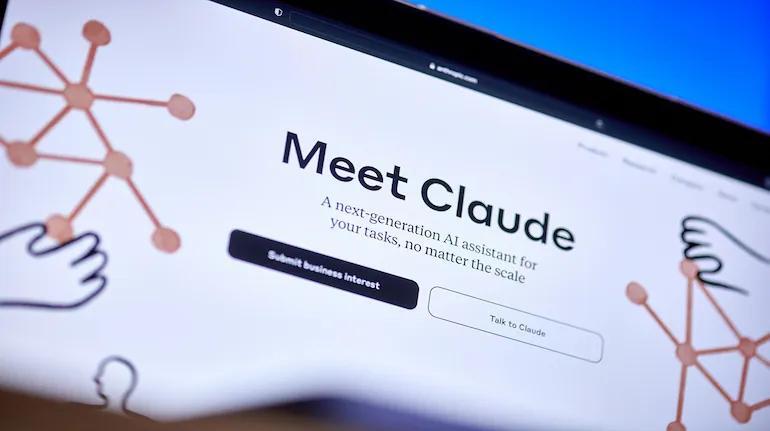
Anthropic Bans Use of Claude AI to Help Develop Explosives and Nuclear Weapons
In a move aimed at ensuring the safety and security of its users and society at large, Anthropic, the company behind the popular Claude AI chatbot, has updated its usage policy to ban the use of its AI technology for developing high-yield explosives or nuclear, chemical, biological, and radiological weapons.
The decision comes amid rising concerns about the potential misuse of AI technology, particularly in the hands of malicious actors or rogue states. By prohibiting the use of Claude AI for such purposes, Anthropic is sending a strong message that it will not tolerate any activities that could harm innocent lives or perpetuate harmful technologies.
According to the updated policy, Anthropic has also banned the use of Claude AI to exploit vulnerabilities, create or spread malware, or develop tools for denial-of-service attacks. These types of malicious activities can cause significant disruptions to critical infrastructure, compromise personal data, and even lead to financial losses.
The policy update is a significant step forward for Anthropic, which has been at the forefront of developing AI technology that can be used for a wide range of applications, from customer service to content creation. By setting clear guidelines on the acceptable use of its technology, the company is demonstrating its commitment to ethical AI development and its responsibility to ensure that its technology is used for the betterment of society.
The decision to ban the use of Claude AI for developing weapons of mass destruction is also a significant departure from the approach taken by some other AI companies. While some have been accused of providing their technology to military contractors or governments without proper safeguards in place, Anthropic is taking a proactive approach to ensure that its technology is not used for harmful purposes.
In a statement announcing the policy update, Anthropic emphasized its commitment to ethical AI development and its responsibility to ensure that its technology is used for the betterment of society. “We believe that AI has the potential to bring about significant benefits to humanity, but it is our responsibility to ensure that it is used in a way that is ethical and responsible,” the company said.
The decision to ban the use of Claude AI for developing weapons of mass destruction is also a significant step forward for the AI industry as a whole. As AI technology becomes increasingly sophisticated, there is a growing need for companies to adopt policies that ensure their technology is used for the betterment of society.
In recent years, there have been a number of high-profile incidents that have highlighted the potential dangers of AI technology being used for malicious purposes. From AI-powered autonomous weapons to AI-driven disinformation campaigns, the risks associated with unregulated AI development are significant.
By prohibiting the use of Claude AI for developing weapons of mass destruction, Anthropic is sending a strong message that it will not tolerate any activities that could harm innocent lives or perpetuate harmful technologies. The company’s commitment to ethical AI development is a significant step forward for the industry, and one that could help to ensure that AI technology is used for the betterment of society.
In conclusion, Anthropic’s decision to ban the use of Claude AI for developing explosives and nuclear weapons is a significant step forward for the company and the AI industry as a whole. By setting clear guidelines on the acceptable use of its technology, Anthropic is demonstrating its commitment to ethical AI development and its responsibility to ensure that its technology is used for the betterment of society.
As the AI industry continues to evolve, it is essential that companies like Anthropic take a proactive approach to ensuring that their technology is used in a way that is ethical and responsible. By doing so, they can help to ensure that AI technology is used for the betterment of society, rather than for harmful purposes.






